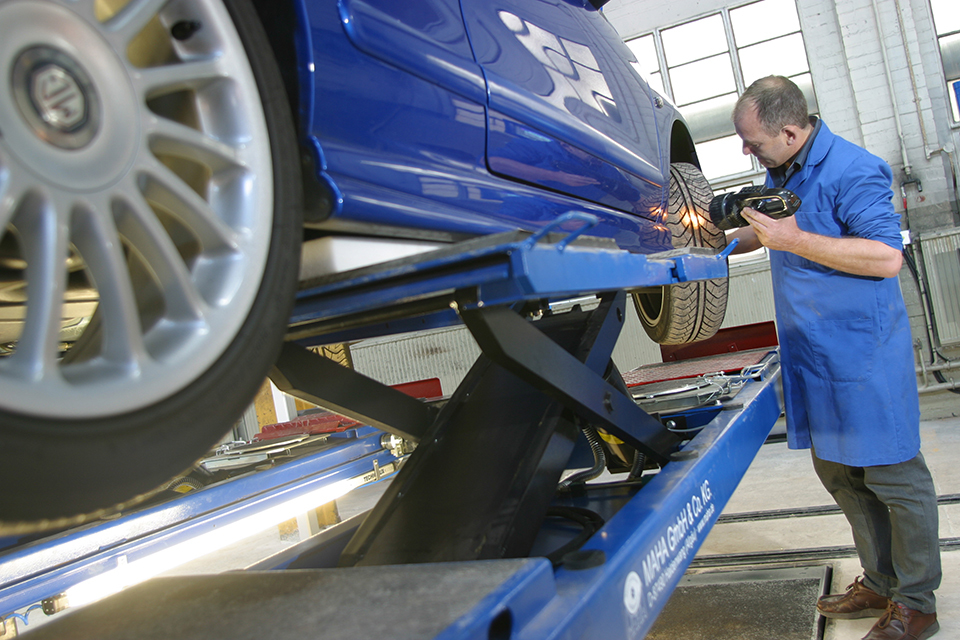And we all know the saying, 'Give a statistician the answer you want, and he will will give you the question."
Statistics are one of the easiest things to manipulate, simply by asking questions in a certain dialogue.
As a correlation. A young man who had autism was asked if he could cook for himself. He replied yes, so he was asked what did he cook.
"Chips", he replied. A tick goes in the box. What else, he was asked.
"Peas". Tick in the box.
"Garlic bread." Tick in the box.
After this had gone on a bit longer the young man was deemed fit to live away from his family home if he so wished.
Then his mum asked the same questions but in a more detailed form.
"What can you cook?" - "Chips."
How do you cook them? - In a chip fryer.
What do you do while they are cooking? - Play on my Gameboy.
Where do you play it? - Upstairs in my bedroom.
When do you know if they are cooked? - I can sometimes hear the fryer ping or I come and check after finishing my game.

The rest of the questions were asked in the same sort of manner. Thankfully the original decision maker swiftly changed her mind about his ability to live on his own and we attended a meeting with senior management and trainers to instruct them how to conduct these types of interviews in future. It was also recommended to them to re-evaluate previous cases using this method.
It's not WHAT you ask, but HOW you ask. This is why statistics can often be worse than useless, if the information is not requested correctly.



